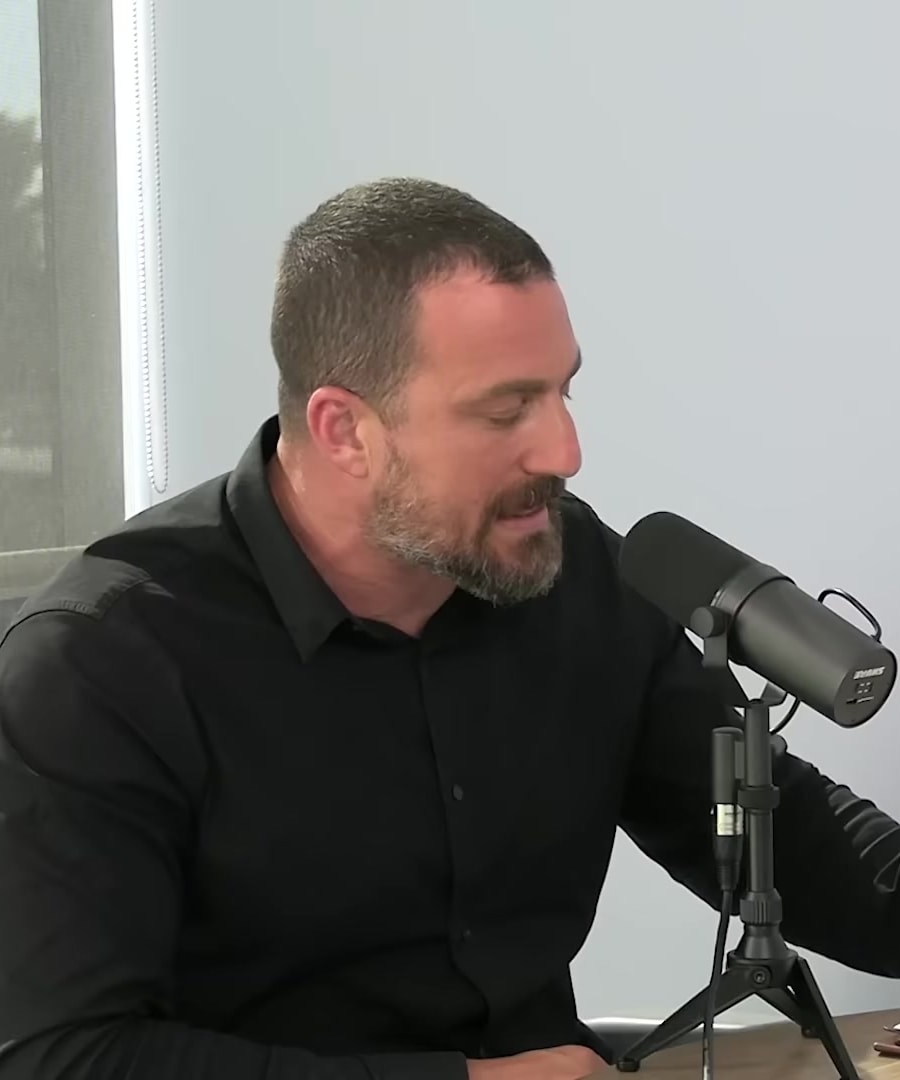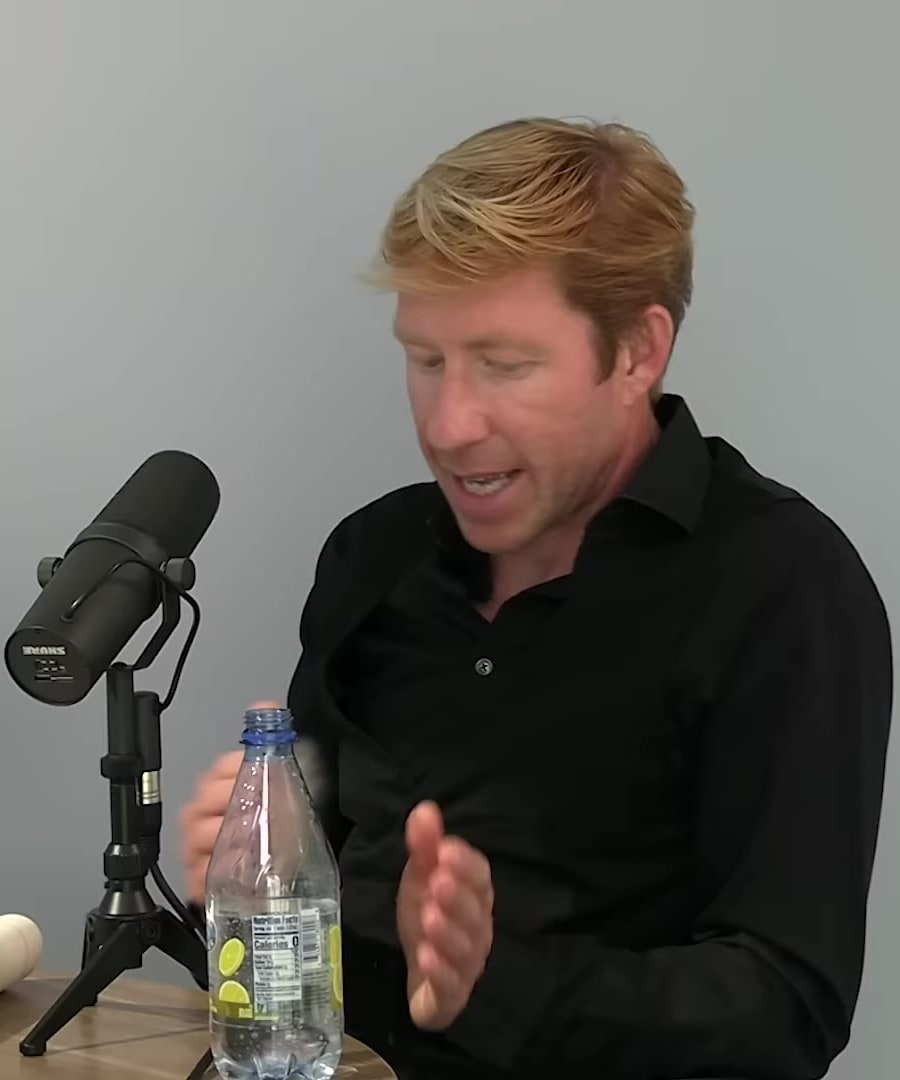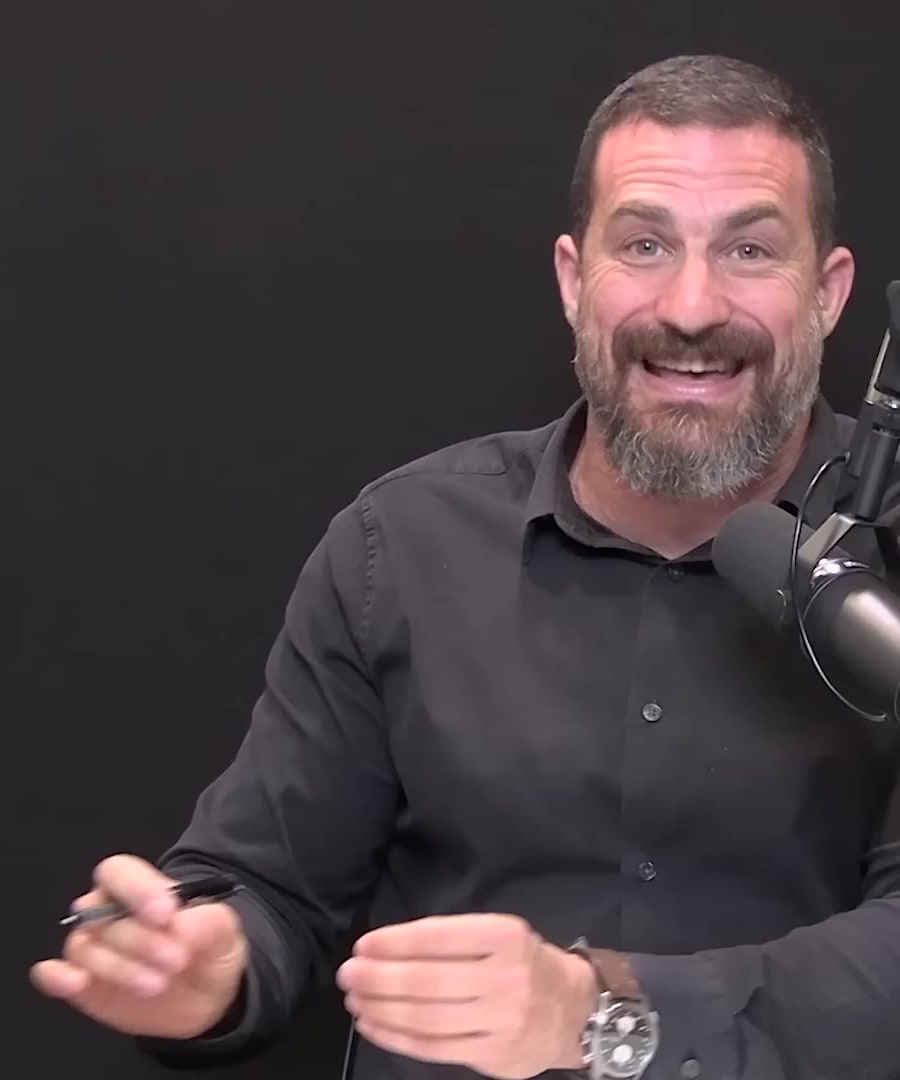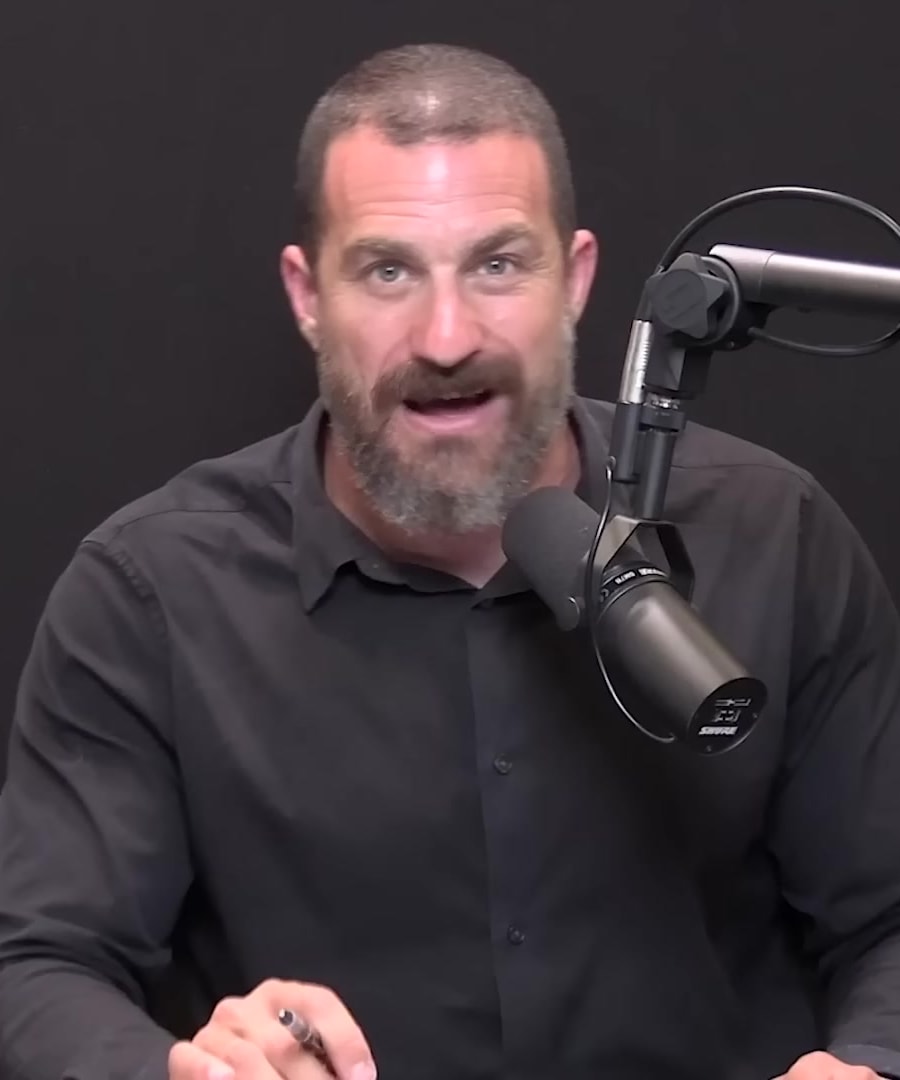How does Marijuana disrupt your sleep?
Sources:
Marijuana, particularly its compound THC (tetrahydrocannabinol), disrupts the architecture of sleep, including the depth and sequencing of the sleep stages. THC is known to expedite the onset of non-consciousness, which may seem beneficial for people who have trouble falling asleep, but the brainwave signature during this onset is not ideal, indicating that it may not be the most restorative form of sleep. Additionally, THC blocks REM sleep (rapid eye movement sleep), which is the dream phase of sleep, and many people who use THC regularly report not remembering their dreams. After discontinuing THC use, some individuals experience intense, vivid dreaming due to a rebound effect where the brain tries to regain REM sleep it has missed, though not all lost REM sleep is recovered 1.
Chronic use of THC also leads to withdrawal dependency and severe rebound insomnia once a person stops using it. This is often part of the clinical withdrawal profile from cannabis and is accompanied by anxiety withdrawal 2.
Furthermore, THC and CBD from cannabis bind to cannabinoid receptors in the brain with a much higher potency than endogenous cannabinoids, leading to a potential dependence. When cannabis is not ingested, feelings of heightened levels of anxiety and disrupted mood can follow due to the absence of stimulation at these receptors and the inability of endogenous cannabinoids to interact with them. Over time, this can impair overall mental and metabolic health 3.
Therefore, while marijuana can aid in sleep onset and has an anxiety-lowering effect, it significantly alters the restorative quality of sleep, creates dependency, and affects memory and mood 4.
RELATED QUESTIONS
How does Marijuana disrupt your sleep?
- RELATED QUESTIONS



